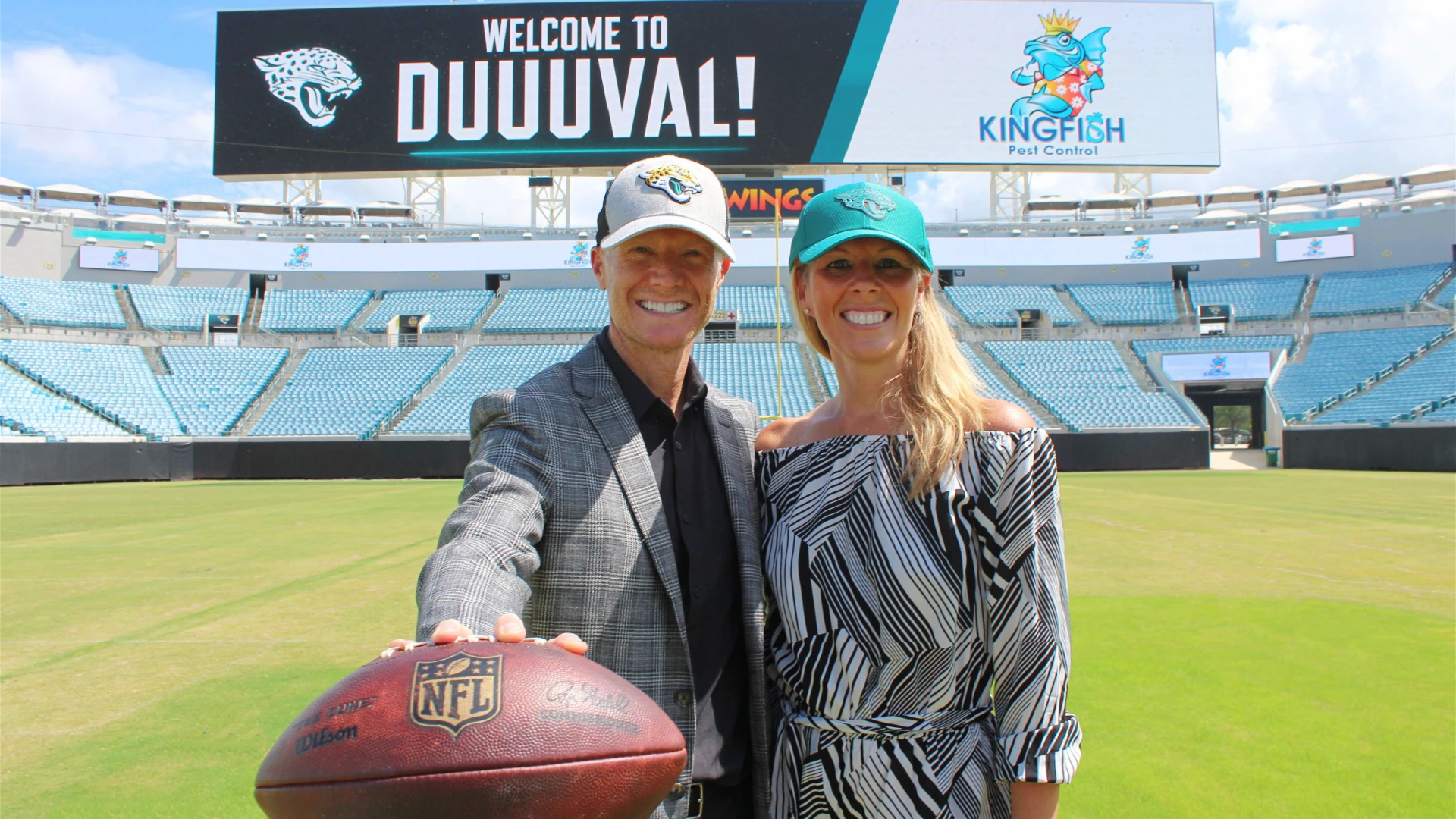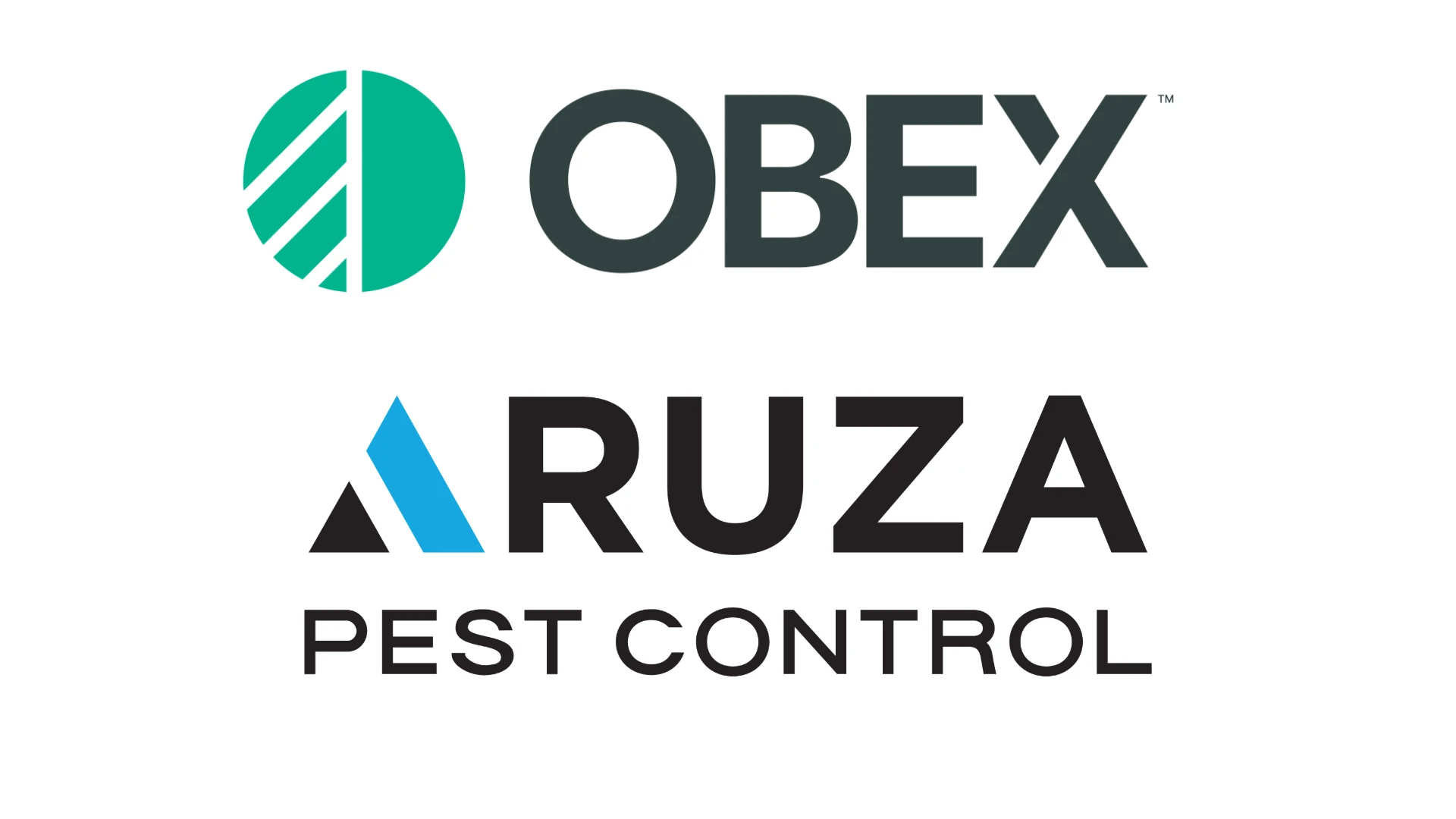In late June, PCT and Univar USA hosted the inaugural Top 100 Awards Ceremony and Executive Summit in Cleveland at the Rock & Roll Hall of Fame. In this exclusive event, companies on PCT’s Top 100 list, published in the May edition of PCT, attended educational sessions, were recognized by PCT and Univar and had time to explore Cleveland’s Rock & Roll Hall of Fame. About 75 people were in attendance, representing one-third of the Top 100 firms.
PCT kicked off the summit at the Renaissance Cleveland Hotel with an address by John Bolanos, vice president, Professional Products & Services, Univar USA, who congratulated the Top 100 winners and attendees, particularly amid the challenges that PCOs face in today’s economy.
"Congratulations are in order (because there are) a lot of challenges that all of us are facing in a lot of different ways," said Bolanos. "That’s one of the things that I’ve always admired about this industry — the entrepreneurship and a ‘can-do spirit.’ We at Univar are thrilled to be a part of that."
Bolanos said Univar was committed to bringing value to both its suppliers and customers in the structural pest control industry, one example being its recent acquisition of Southern Mill Creek Products which gives the distributor a larger footprint in the Midwest.
Dan Moreland, publisher of PCT, explained the Top 100 Summit was designed to reward the many deserving business owners and managers who have shown a penchant for innovation. "We felt it was important that all the good companies that do such good work in the industry are recognized," Moreland said.
Following Bolanos’ and Moreland’s presentations, Top 100 companies received an overview of the Blue Ocean Strategy by Bill Kimbrell of Kimbrell & Associates (see related article on page 76). Attendees then spent time at the Rock & Roll Hall of Fame & Museum for a cocktail reception and dinner. Following dinner, Moreland and PCT Editor Jodi Dorsch discussed the ninth annual list, provided highlights and photos from lists throughout the years, and recognized each of the Top 100 firms in attendance with a "gold record" award.
"The poet Ralph Waldo Emerson once said, ‘Every artist was first an amateur.’ That’s because rising to the top of one’s profession is typically an incremental process," Moreland said. "No matter what your chosen profession, chances are there are one…two…or if you’re lucky, a half dozen people who have served as an inspiration for you and your company."
That night attendees received a complimentary copy of "Blue Ocean Strategy," courtesy of Univar USA, which segued into the Blue Ocean Strategy Workshop the next day. Attendees worked in teams to determine their own blue ocean strategy for a particular product or service that the team agreed upon.
"Your ‘art’ is your profession. And it has been Univar’s and PCT’s privilege to honor you tonight at the Inaugural Top 100 Awards Ceremony," Moreland said. "Congratulations on a job well done!"
*****
Top 100 Summit Attendees Coached on Blue Ocean Strategy
PCT and Univar USA sponsored the keynote speaker of the Top 100 Awards Ceremony and Executive Summit, Bill Kimbrell, president and CEO of business consulting firm Kimbrell & Associates based in Lexington, Ky.
A former sales agent in the surgical equipment business, Kimbrell is now a certified trainer of Blue Ocean Strategy, the strategic process made famous by the best selling business management book, "Blue Ocean Strategy," by French business professors W. Chan Kim and Renée Mauborgne.
Moreland explained that Blue Ocean Strategy is all about identifying untapped opportunities. "This marketplace has undergone changes in recent years," said Moreland, citing for example the "soft" termite market. "It forced many companies like you to look at other avenues to grow your business." Companies that are able to tap into new business avenues will be able to succeed, said Moreland, while companies that don’t, will fail.
Likewise, in his address, Kimbrell delivered a primer on the Blue Ocean Strategy, explaining that in essence, the methodology aims to help managers be more creative in developing business offerings and identifying untapped markets. At its core is the idea of providing a product or service that simultaneously offers innovation or differentiation as well as low cost, rather than simply competing against other firms for the same customers.
Kimbrell said the majority of businesses in existence today are sailing in "red oceans" or the known markets where companies succeed by trying to outperform their rivals. But over time, in these "shark-infested, bloody waters," he said, a company’s prospects for growth inevitably decrease, supply exceeds demand, price becomes the number one weapon, and competition becomes fierce.
This fierce competition is particularly evident in today’s economy, impacted by such factors as globalization, the internet, and the recent financial crisis. Further, Kimbrell said while managers have for years worked to "strategize," in essence their efforts may have been flawed if they only focused on past indicators such as market share, profits and revenues.
In contrast, said Kimbrell, "blue oceans are all the industries not in existence today, the unknown marketspace, where demand is created rather than fought over," said Kimbrell. "There is ample room for growth that is both profitable and rapid."
In red oceans, Kimbrell said, "companies try to outperform their rivals to grab a greater share of existing demand." The problem is, the pie is not expanding, and in fact because of the recent recession has been contracting, "so to get a bigger slice you must decrease someone else’s marketplace," Kimbrell explained.
Meanwhile, in blue oceans, Kimbrell said, competition is irrelevant because the rules of the game have not yet been set. "Like the blue ocean, it is vast, it is deep, it is powerful in terms of growth." And most importantly, said Kimbrell, in red oceans, where companies focus primarily on the customer, "in blue ocean strategy you begin to focus on the noncustomer."
As one example, Kimbrell referred to FedEx founder Fred Smith as a classic "blue ocean strategist," who, pressed into near bankruptcy, took a chance on an untested but original way of offering delivery services. In so doing, Smith did not allow market boundaries to limit his thinking, but instead believed that demand for this new service was out there, waiting to be tapped. "The crux of the problem is, how do you create it?" said Kimbrell.

Explore the October 2010 Issue
Check out more from this issue and find your next story to read.
Latest from Pest Control Technology
- Veseris Expands in Turf & Ornamental and Pool Supply with Acquisition
- Pest Authority, Mosquito Authority Celebrate All-Star Franchisees
- Ka Tsu Joins Avoca.ai
- Envu's Suite of Pest Management Solutions
- In Memoriam: Tom Moore
- 2024 Crown Leadership Award Winner Kathy Heinsohn
- OPMA Shares Officer Inductions, PWIPM Chapter Updates from Winter Meeting
- Inside Out





